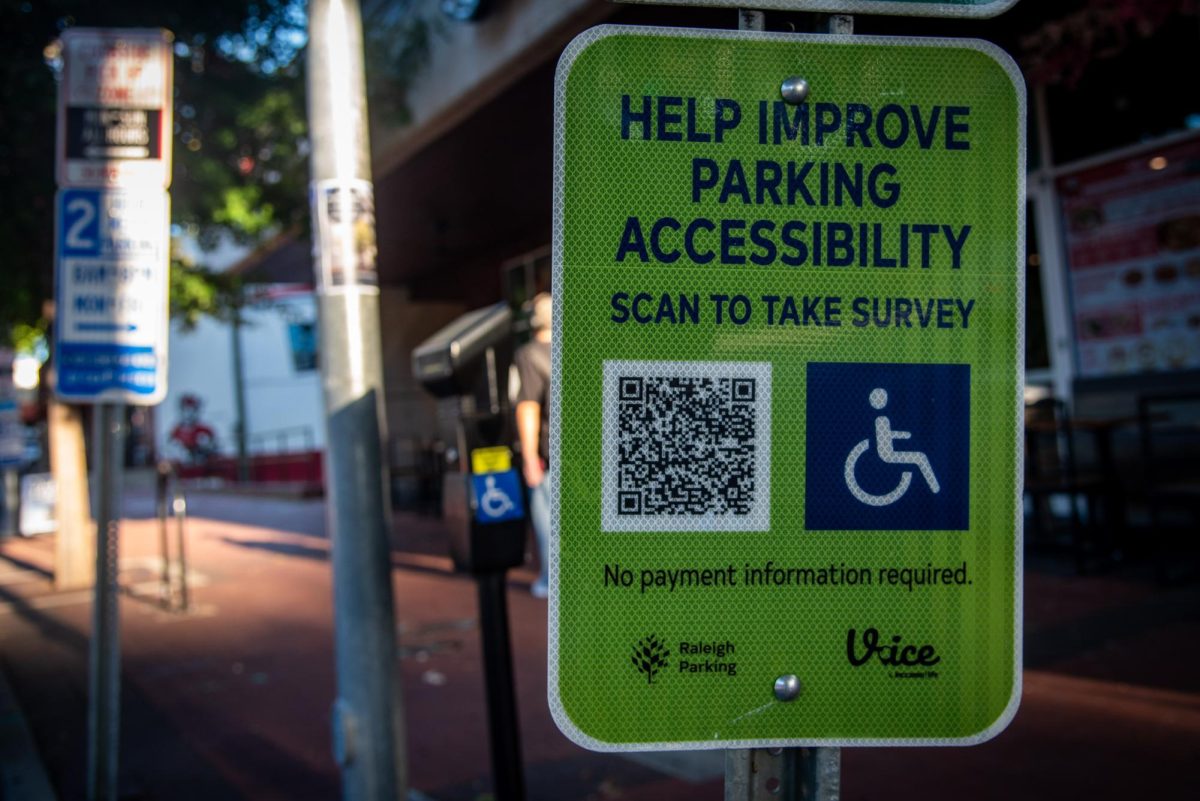As the clock winds down for graduate school applications to be submitted, seniors in D.H. Hill are sweating to finish their final essays. For those seniors who have chosen non-English related majors, the personal statement, which is meant to increase their chances of getting an interview with graduate schools, has instead become the subject of their concern.
“I think it is one of the hardest papers I’ve had to write,” Anas Al-Sabbagh, senior in biochemistry, said. “[As biochemistry majors], we are used to writing technical papers in third person and so switching into first person and writing about myself proved to be extremely difficult.”
Many seniors have found it difficult to write these personal statements because they are trained to view papers in a technical way. They would pay extreme attention to the structure, the transitions, the lexical variety throughout their essays – thesaurus.com became their best friends – and just the way the paper looks. Many of them looked to their friends, advisers and the writing center for revisions, criticism and advice when it concerned the flow and content of the actual paper.
According to Lindsay Gentile, director of admissions of the graduate school at N.C. State, every graduate program rates the personal statement at different levels, so one would have to speak with different departments to understand the weight of the personal statement.
“Certainly the personal statement gives us a view of the student and allows them to tell us what is special about them, but the interview is what matters more,” said Earl Maxwell, the biochemistry graduate school program director. “The student does have to have [the personal statement] well written because a lot of science requires communication. In the end though, it is not the determining factor of admissions.”
Although the personal statement has often proven itself to be a difficult topic for some, it is meant to give each student an advantage and allow each application to be personalized.
“I think it’s worth it in the end,” Ahsan Raina, senior in chemical engineering, said. “The [personal statement] allows the schools to look past GPAs and standardized test scores and lets the student set himself aside based on achievements and experiences.”
Although students said their personal statements have cost them much frustration and angst, some agree it is beneficial. The personal statement acts as a means of securing interviews with professional schools, allowing schools to see just how passionate applicants really are.
ALT:
Tips to writing your personal statement:
Personal statements can be tools to enhance one’s ability to stand out—not a roadblock to admissions.
-Find a compelling narrative or hook that makes you stand out
-Make comparisons between personal experiences and desired field of study
-Be sincere and don’t overly embellish the narrative
-Everyone vying for admissions has a “passion” for that field. State your case originally
Source: Lindsay Gentile




